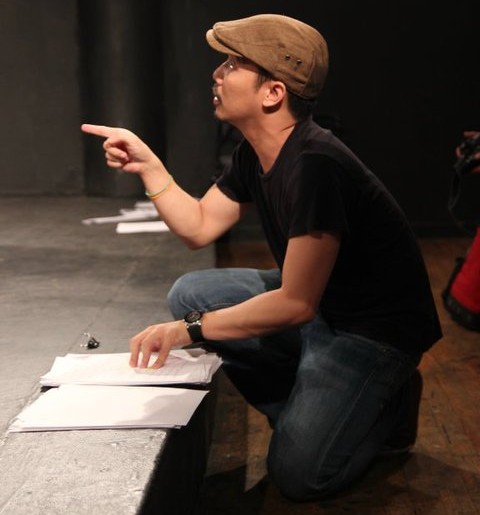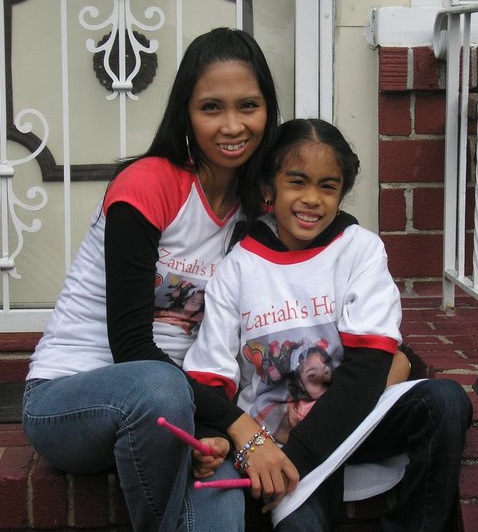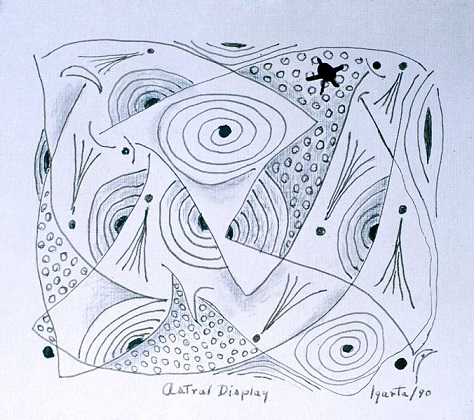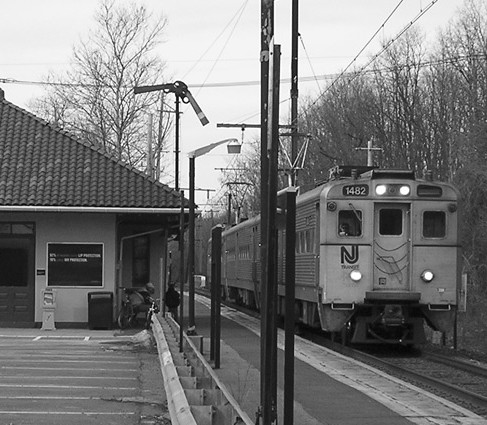Lost, then found, in translation
By Cristina DC Pastor
She held on to my arm like a child tugs at her mother’s when in fear of strangers and unfamiliar surroundings. The elderly Asian woman who spoke no English had the look of fright on her face.
“Brooklyn, Brooklyn,” she shook my arm with a sense of urgency.
“What? You going to Brooklyn?” I may have snapped. “Ok, but first we have to get out of here.”
Fate threw the Asian woman and me in each other’s paths when a New York Penn Station-bound train stalled at the Newark Liberty Airport because of a switching problem. Passengers were told to find other means of transportation to Manhattan because it would take about an hour and a half before the train would resume service. That meant passing through the labyrinthine terminal and using the arrival area to find buses or cabs.
Confused and angry passengers scrambled to find their way out of the train and into the terminal yelling questions at the train staff: Where do we find the buses? How do we get to the airport? Will they honor our tickets? What terminal do we take – A, B, C? Why is NJ Transit always breaking down?
I had a 6 p.m. meeting at the consulate that Tuesday, and debating whether I should continue on to Manhattan or just head back home to Jersey. But I had a frightened Asian woman on my arm who kept mouthing, “Brooklyn, Brooklyn.” I didn’t have the heart to tell her: You’re on your own, I’m going back home.
Instead I told her, “Ok, first we have to get out of here, and I don’t know how to do that.” She nodded, then muttered something in her language, like she understood what I just said.
We moved with the mass of passengers who had no idea where they were going. Inside the monorail, I stared at this tiny woman crunched against a tall American man with two luggages. She continued to hold on to my arm. I didn’t know what to do with her. She’s become an annoyance. I couldn’t move at my own pace; I couldn’t run. But I couldn’t leave her behind. She seemed to look to me as her lifeline out of Jersey.
“Sese,” she replied when I asked her name.
“From Cambodia,” she quickly added, even though I did not ask.
Dressed in faded housedress, she looked like a farmer’s wife, her frame skin-and-bones, her hair tied nonchalantly in rubber band. Her teeth were browning and rotting like some rural Asian women used to chewing betel leaves for medicine or as part of religious ceremony.
I asked if she knew how to get to home to Brooklyn once we get to Manhattan, and again she replied in her language. I asked what train she was taking, she wrote at the back of her ticket: Q.
I thought about other immigrants like Sese who spoke no English and had no cell phones. How do they survive New York? I would have been frantic leaving my phone at home. I imagined Sese to be one of those plucky immigrants who would not be confined to a house just because language was a barrier. She ventured out west into Jersey; could it be she was there for work? Or visiting with friends or relatives? If so, there must be some rhythm to her commuter’s life she would know how to react in situations like this. I came to my own theory and concluded she’s probably new to the city. I thought about calling 311 and asking for someone who spoke the Khmer language. I remembered Mayor Bloomberg urging people at the height of Hurricane Irene to dial 311 for assistance other than reporting a crime.
On a shuttle bus bound for Times Square, I asked if she had a phone number of a family member I could call, and Sese produced a small piece of paper with two numbers. I dialed a 347 area code and spoke to a woman who spoke English quite well. The relative asked if I could just take Sese to a Q train, and assured me she knew how to get home from there. The two spoke briefly before Sese handed me back my phone.
Inside the bus, the woman seemed relieved. Her hand fell to her side, no longer attached to my arm. I found Sese nodding off, the anxiety of being lost and not knowing where to go melting into soft snores.
Cristina DC Pastor is the founding editor of The FilAm. She arrived at the consulate meeting more than an hour late.












reading this makes me miss the best of new york city area…the strength of many new immigrants, the adventure, and the simple stories yet with deeply profound lessons…i miss new york, jersey…i miss home.
Excellent article.
Hi, this is a great post! Thanks..